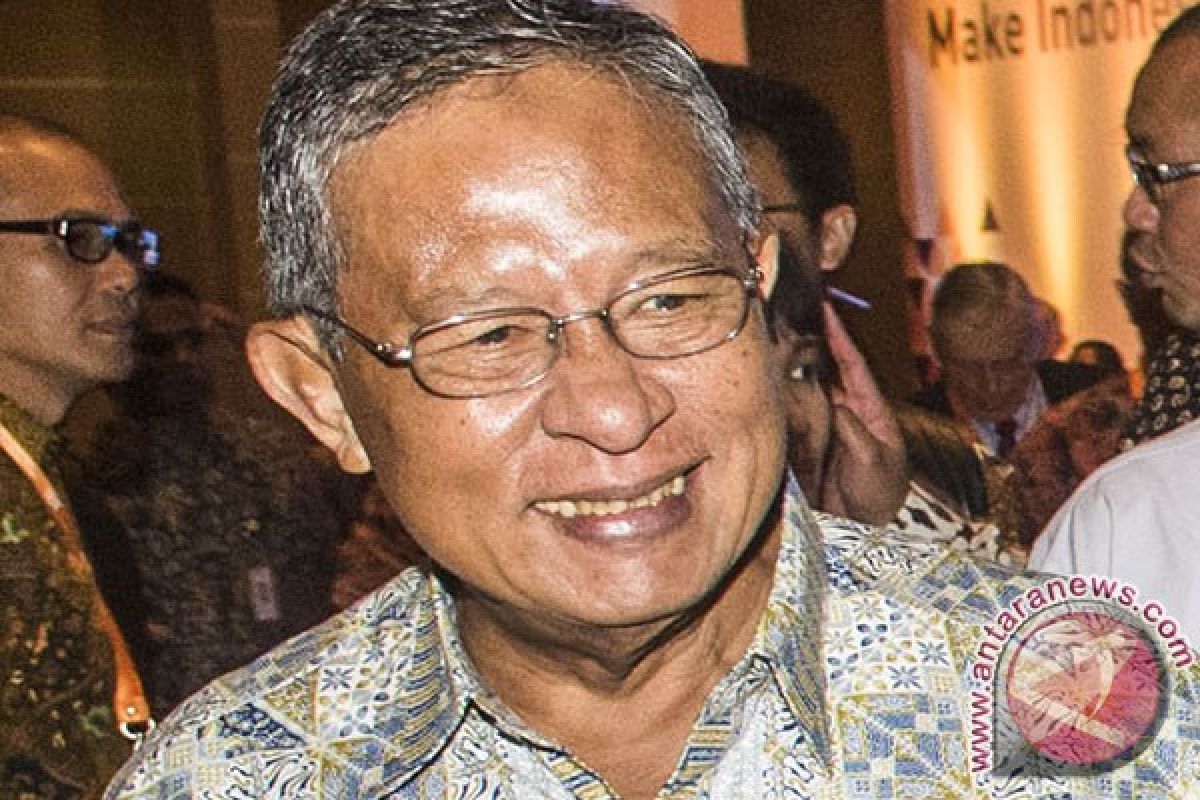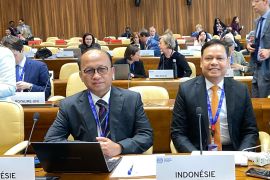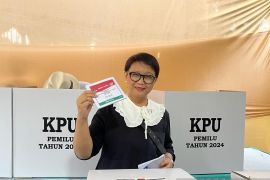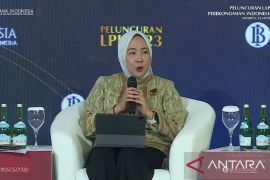"The policy will support previous policy packages both for the growth of the national infrastructure and for the industry," Darmin Nasution said.Jakarta (ANTARA News) - The government of Indonesia will issue a policy of economic equality, one that provides capital to the public, in an attempt to reduce social inequality.
"The policy will support previous policy packages both for the growth of the national infrastructure and for the industry," Coordinating Minister for Economic Affairs Darmin Nasution said in the XVI National Meeting of the Indonesian Young Entrepreneurs Association here on Monday.
The senior minister stated that the policy would provide capital to people as part of efforts to create an opportunity.
The policy will set up land redistribution and agrarian reforms.
The government has committed itself to provide 12.7 hectares of land, which is spread across various provinces. The land will be managed by the community for the cultivation of crops or for horticulture.
"The government will also provide another 12.7 hectares of land, but the land is not to be shared. The land will be managed by the cluster system," he added.
Through the cluster system, the government will grant concessions for five or 10 years to manage the land.
On the occasion, President Joko Widodo remarked that the 12.7 hectares of land would be granted to indigenous peoples, boarding schools, and cooperatives.
"The governments efforts were intended to create equality among people," the president noted.
The president affirmed that the government would issue a policy of economic equality in a bid to reduce social inequality, despite the decline in the Gini ratio.
Vice President M. Jusuf Kalla had earlier remarked that injustice in society was also caused by social inequalities.
"Social gap can also create injustice. Thus, the government has taken several steps to provide healthcare at a cheaper cost, although it was not possible to tackle injustice," Kalla noted.
According to the vice president, injustice, in the context of sovereignty, is a grave issue that occurs worldwide, even in developed countries such as the US.
Kalla stated that the same was also observed in Indonesia, despite the principle of social justice for all Indonesians enshrined in the fifth precept of the Pancasila, the five basic principles of the Republic of Indonesia.
Kalla pointed out that since its independence in 1945, Indonesia had endured at least 15 major conflicts, 10 of which were caused by social and political injustice.(*)
Editor: Heru Purwanto
Copyright © ANTARA 2017












